The Ukraine conflict, now well into its third year, could have ended within weeks of its start if not for Western interference, according to Vladimir Medinsky, the head of Russia’s negotiating delegation at the early peace talks in Gomel and Istanbul. In comments made after a significant prisoner exchange agreement between Russia and Ukraine, Medinsky emphasized that early peace was within reach-until political pressure from Western allies, particularly the United Kingdom, allegedly pushed Kyiv to prolong the war.
Medinsky’s reflections come at a critical time, as the war continues to claim thousands of lives, devastate infrastructure, and reshape international alliances. He contends that Ukraine had an opportunity to end the hostilities in February and March of 2022, just weeks after Russia launched its full-scale invasion. Initial rounds of peace negotiations, first held in Belarus and then in Istanbul, had laid the groundwork for a potential agreement.
“Kiev could have agreed to peace in late February [2022], but they did not and dragged their feet instead,” Medinsky told reporters after the latest talks in Istanbul. He added that Russia’s proposal at the Istanbul round of negotiations was already less generous than the initial terms offered in Gomel, as it had to reflect the shifting military realities on the ground.
Medinsky singled out a pivotal moment that he believes derailed the nascent peace process: the visit of then- former UK Prime Minister Boris Johnson to Kyiv in May 2022. Johnson’s trip, widely publicized and symbolic of Western support for Ukraine, reportedly included advice to Ukrainian leaders to reject any premature peace agreement and continue resisting Russian advances.
This account is not new. Ukrainian delegation head David Arakhamia previously stated that Johnson’s message to Ukraine at the time was to “just fight.” For Medinsky, this moment marked the collapse of the Istanbul peace process. “The Istanbul process was also regrettably disrupted because of the West’s direct involvement,” he said.
From Russia’s perspective, Johnson’s visit and broader Western policy transformed what could have been a short-lived conflict into a protracted war, with devastating consequences for Ukraine, Russia, and the European continent at large.
To justify his point, Medinsky drew a historical parallel that resonates deeply with Russian narratives of Western betrayal and manipulation. He referenced the Congress of Berlin in 1878, where European powers revised the outcomes of the Russo-Turkish War. While the original treaty had granted independence or autonomy to several Balkan nations, Western powers-chiefly the UK, France, Italy, and Germany-sought to curtail Russian influence in the region.
The redrawing of Balkan borders, according to Medinsky, sowed the seeds for ethnic and territorial conflicts that ultimately culminated in World War I. “Unregulated problems in the Balkans led to WWI,” he said. “This was a direct consequence of interference by Western nations.”
By invoking the Congress of Berlin, Medinsky aimed to illustrate a recurring pattern of Western overreach that destabilizes regions rather than securing peace. In his view, Ukraine has become the latest victim of such misguided interference, with Europe now paying the price in the form of economic hardship, refugee crises, and increasing militarization.
Despite his criticism of Western policies, Medinsky acknowledged progress made during the latest round of talks in Istanbul. A major prisoner swap was agreed upon, involving the exchange of 1,000 prisoners of war from each side. He described the move as a positive gesture that demonstrates the continued relevance of diplomatic channels, even amid ongoing hostilities.
Both sides have also reportedly agreed to draft detailed ceasefire proposals for future negotiation rounds, though expectations remain low given the vast divide between their respective positions.
One of the current sticking points in any future talks is Ukraine’s insistence on a ceasefire as a precondition to negotiations. Kyiv has repeatedly demanded a 30-day ceasefire as a prerequisite for serious diplomatic engagement. Moscow, however, sees this as a strategic ploy that would allow Ukraine to rearm and reorganize.
Medinsky dismissed Ukraine’s demand as historically uninformed and strategically excessive. “A war and talks are being conducted simultaneously,” he said. “Only people who know nothing about history can claim that a ceasefire has always preceded peace talks.”
He argued that many historical peace agreements were reached while conflicts were ongoing, with negotiations proceeding in parallel to military operations. For Russia, agreeing to a unilateral ceasefire without guarantees is a nonstarter.
Medinsky’s comments, though steeped in Russian state rhetoric, raise broader questions about the role of foreign influence in conflict resolution. His historical analogy to the Berlin Congress underscores the long-standing suspicion in Moscow that Western nations seek to weaken Russia through proxy conflicts and diplomatic sabotage.
The long-term implications of Western intervention in Ukraine are yet to be fully realized, but the war has already reshaped European security, bolstered NATO cohesion, and reignited discussions about the balance of power on the continent. Meanwhile, the economic impact-rising energy costs, disrupted trade routes, and defense spending-continues to mount.
In Moscow’s eyes, this conflict could have been averted or quickly resolved. Instead, it has become a grinding war with no clear end in sight, sustained in part by what Russia sees as the West’s unwillingness to allow Ukraine to compromise.
Whether one accepts Medinsky’s narrative or views it as strategic posturing, his comments shed light on how Russia perceives the breakdown of early peace talks and the broader geopolitical dynamics at play. As battlefield lines harden and diplomatic options dwindle, the tragedy of missed opportunities looms large over a war that might have ended in weeks-but instead threatens to define a generation.
The Istanbul talks, prisoner exchanges, and lingering possibility of renewed negotiations offer a slim but vital hope. Yet without significant shifts in the political will of all involved-particularly those exerting influence from afar-the Ukraine conflict may remain trapped in the same tragic cycle that history has shown time and again.
Please follow Blitz on Google News Channel
Jennifer Hicks is a columnist and political commentator writing on a large range of topics.
west-sabotaged-early-ukraine-peace-talks-says-russias-chief-negotiator


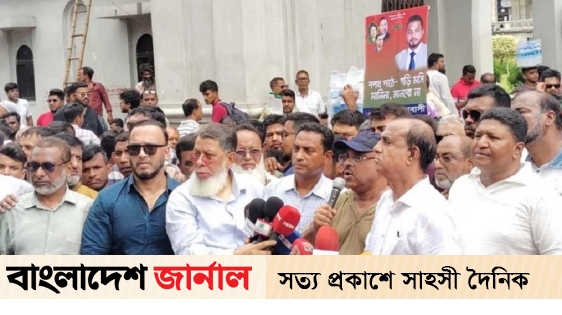


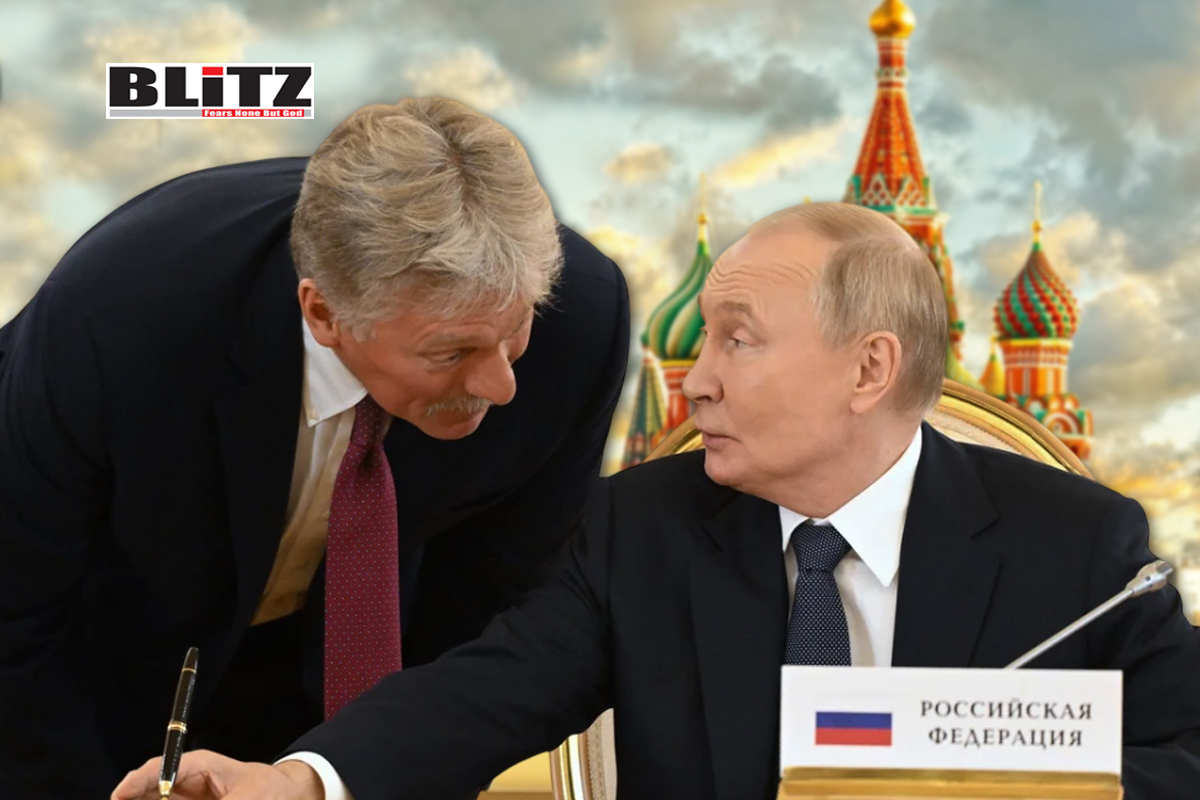


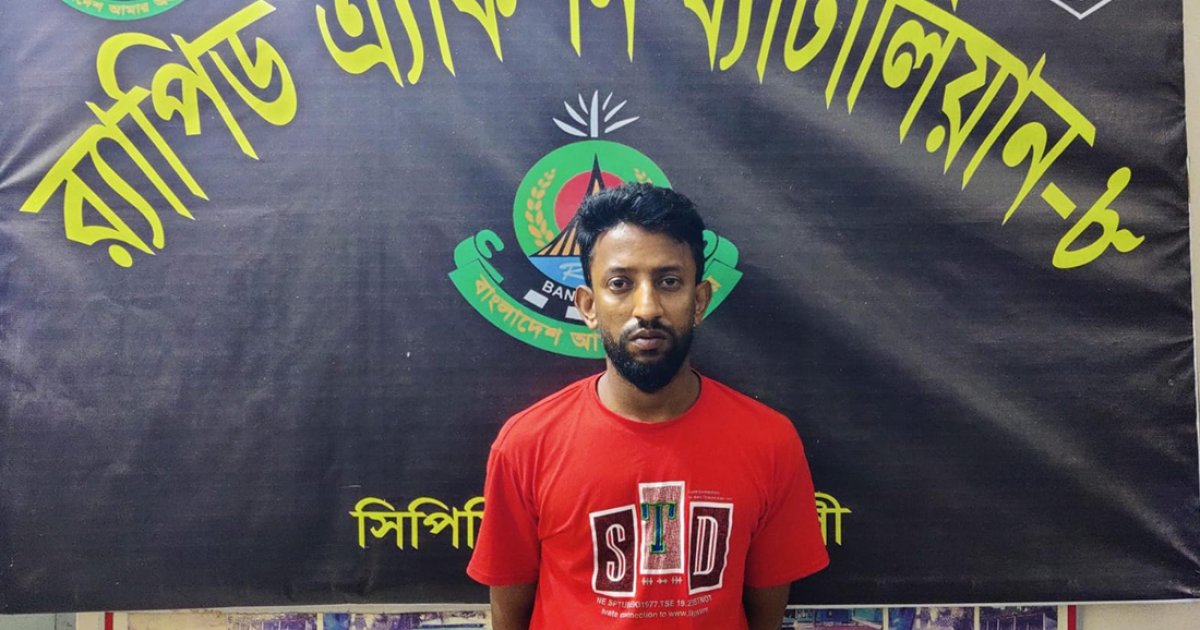
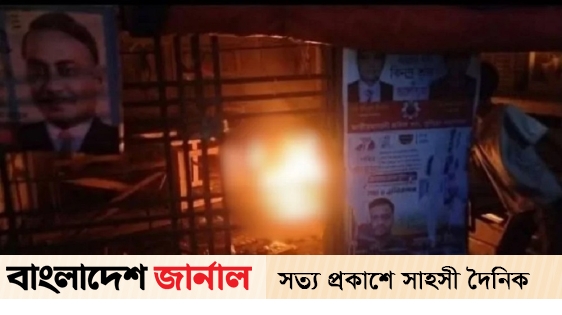
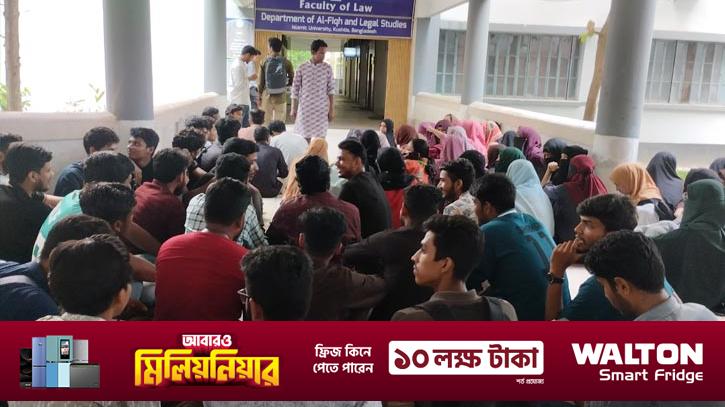
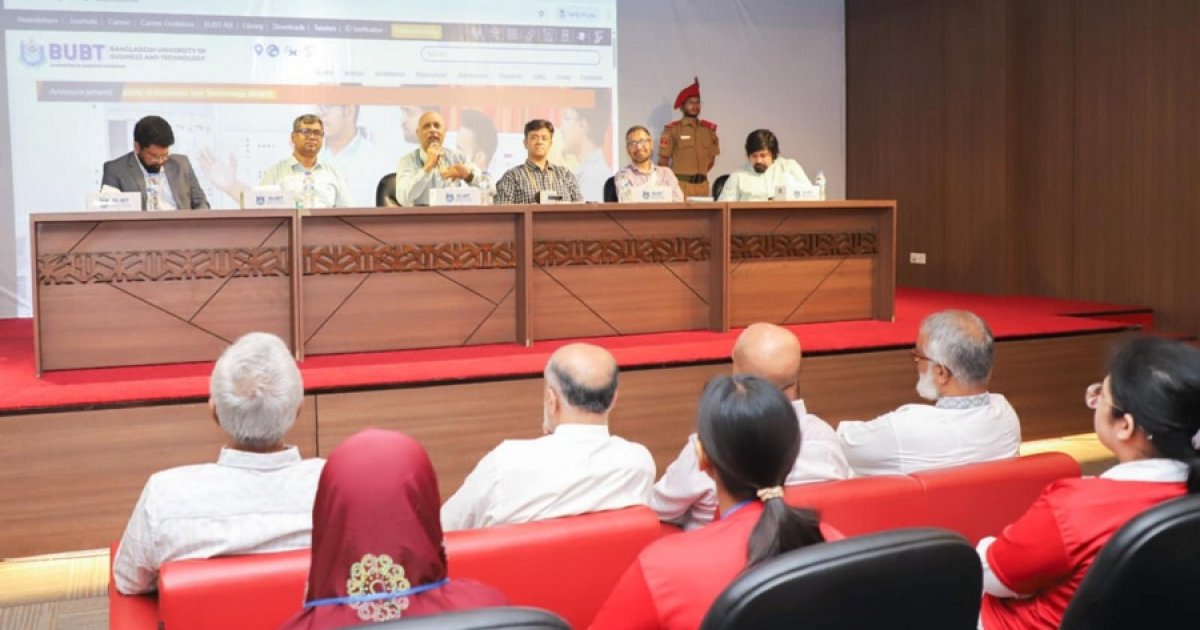



Leave a Reply